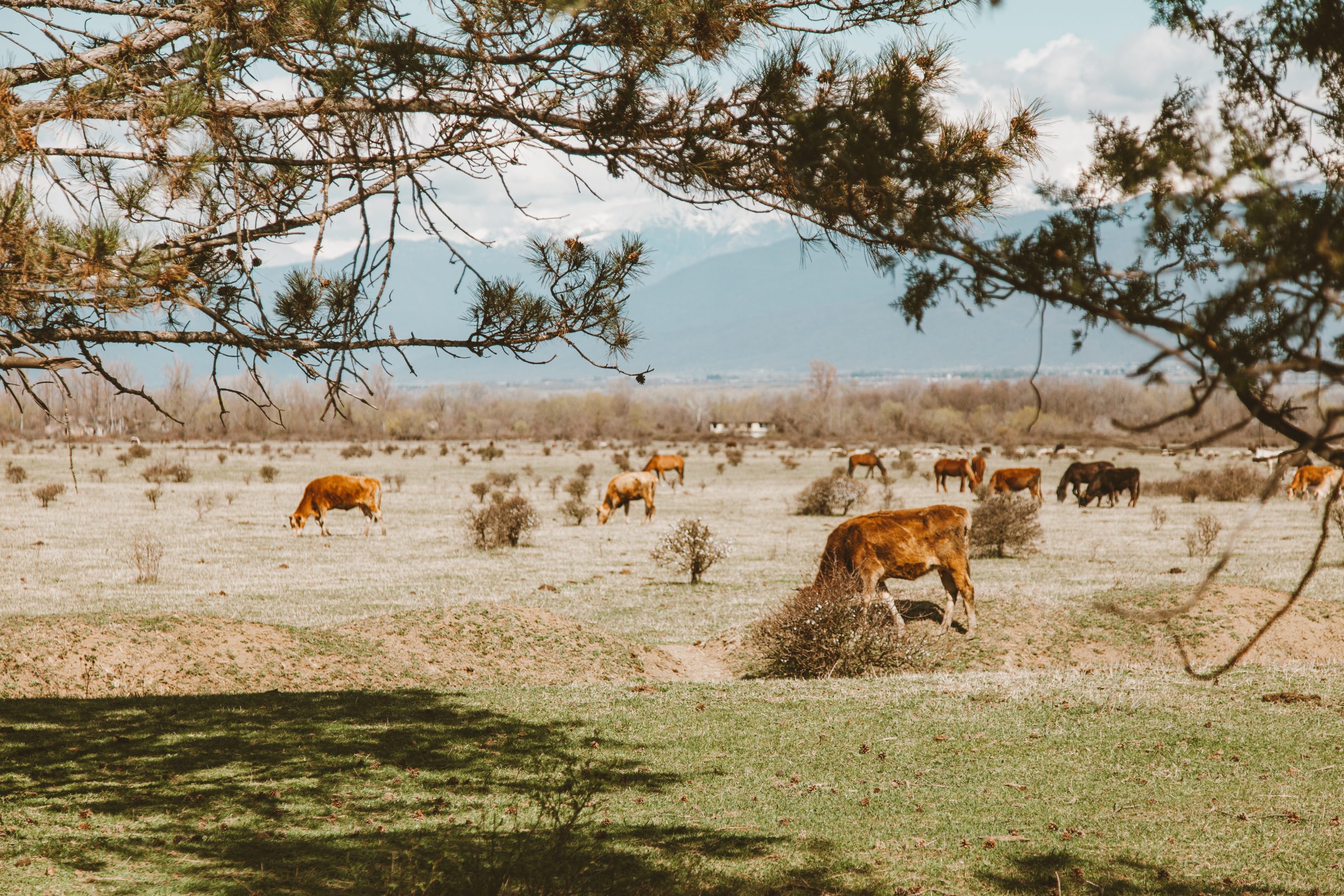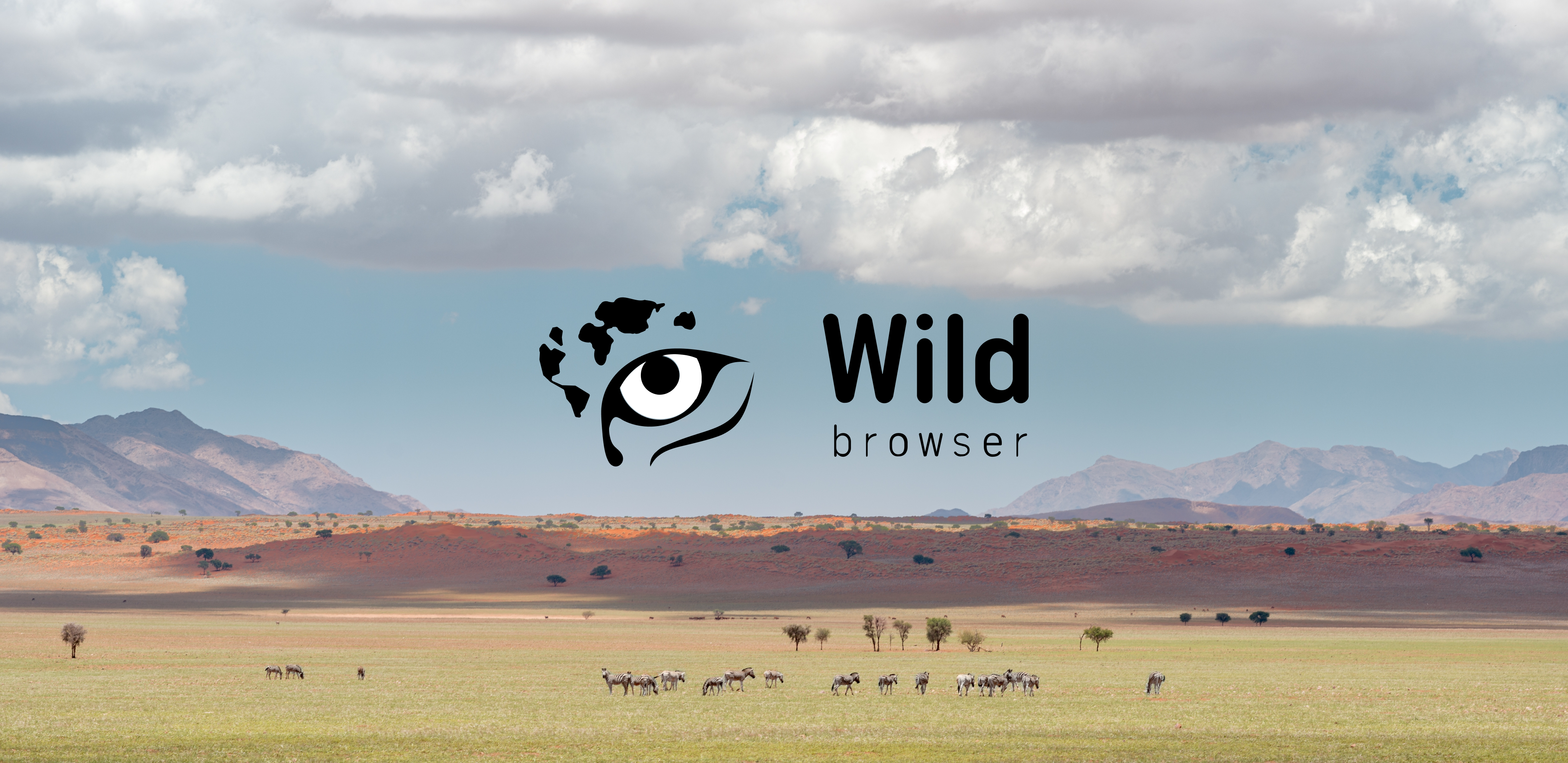Pride of the Serengeti
The great plains of the Serengeti in East Africa is a unique home for many species. But the plains may not be the idyllic ecology we think it is.
One of the great wildlife wonders of the world, the Serengeti plain across Tanzania, has long been a sanctuary for large mammals and birdlife. As one of the planet’s great wild lands, it’s arguably the best place to see many animals in their natural habitat, including lions, leopards, giraffes, zebras and wildebeest.

Photo by Oleg Magni
Questions have been raised recently whether the plain is ecologically intact. Concerns have began to show whether the wild land is, in fact, a great section of unspoiled nature. Or if it is a human created landscape nurtured over generations.
The dangers are, if it is human created, that the ecology is not in balance. And this, at the end of the day, doesn’t help the animals in the best way. At the heart of this is the core question over conservation – is the goal to protect species, or to keep the entire ecology intact?

Photo by Rachel Claire
An international team of authors have addressed this question in three papers recently released.
In many otherwise protected and pure ecosystems, the lack of key large mammals indicate that they should not be considered intact. The lack of species can affect how these ecosystems work. The absence of predators can lead lead to herbivores increasing in population and a declining vegetation. The loss of large herbivores, like elephants, would reduce the efficiency of recycling nutrients and dispersing seeds.

Photo by Rachel Claire
In a study of large nature reserves, including fjords and forests in Chile and rainforests of the Republic of the Congo, there were places that met the strict measures of intact ecological systems. Unfortunately, they were not in the majority. The research found – and this is the good news – that reintroducing only five species would return many of these protected habitats to a pristine ecological standard.
Supporting the work of conservationists and researchers to develop intact ecologies is at the heart of Wild Browser. Share the app with your friends and help make a difference to the natural world, while enjoying secure and fast browsing.


